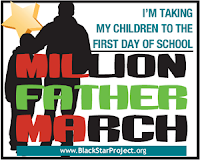Back by popular demand 🙂
MAKING IT POP: Translating Your Ideas for Trade, with Deborah Siegel (er, me)
Tuesdays 11/6, 11/13, 11/20, 11/27, 12/4, 12/11
8:00 – 9:15 pm ET
Format: Online forum + weekly conference call
Fee: $250 ($275 after Oct. 19)
Public debate lacks a sensitive discussion of the complex forces shaping the lives of women and girls. Researchers, nonprofit workers, and savvy writers everywhere have the opportunity to frame public debate about these issues. Too often, however, important work fails to reach an audience outside the academic and advocacy worlds. Writing a trade book is one way to join the debate. To sell a book in today’s competitive publishing climate, one must be able to write engaging, accessible prose that will appeal to a wide audience. These skills can be learned.
Participants will learn from exchanges with New York City-based agents and editors why it’s essential to think about audience and market in a different way, and why you need a book proposal. We’ll explore the differences between popular and academic writing, why a dissertation or a monograph is not a trade book, and how to write an effective book proposal-meaning one that has the best chance of being sold. We’ll also consider the latest aspects of book publicity, focusing in particular on new media. (See what past participants are saying about the course here.)
Space is limited. Please send a note describing your rough idea for a popular book in 1 paragraph to deborahsiege (at) gmail (dot) com, and I will be in touch with further details.
Read more about MAKING IT POP in Women’s eNews:
Women’s Studies Scholars Vie for More Media Turf
My bio is here.






